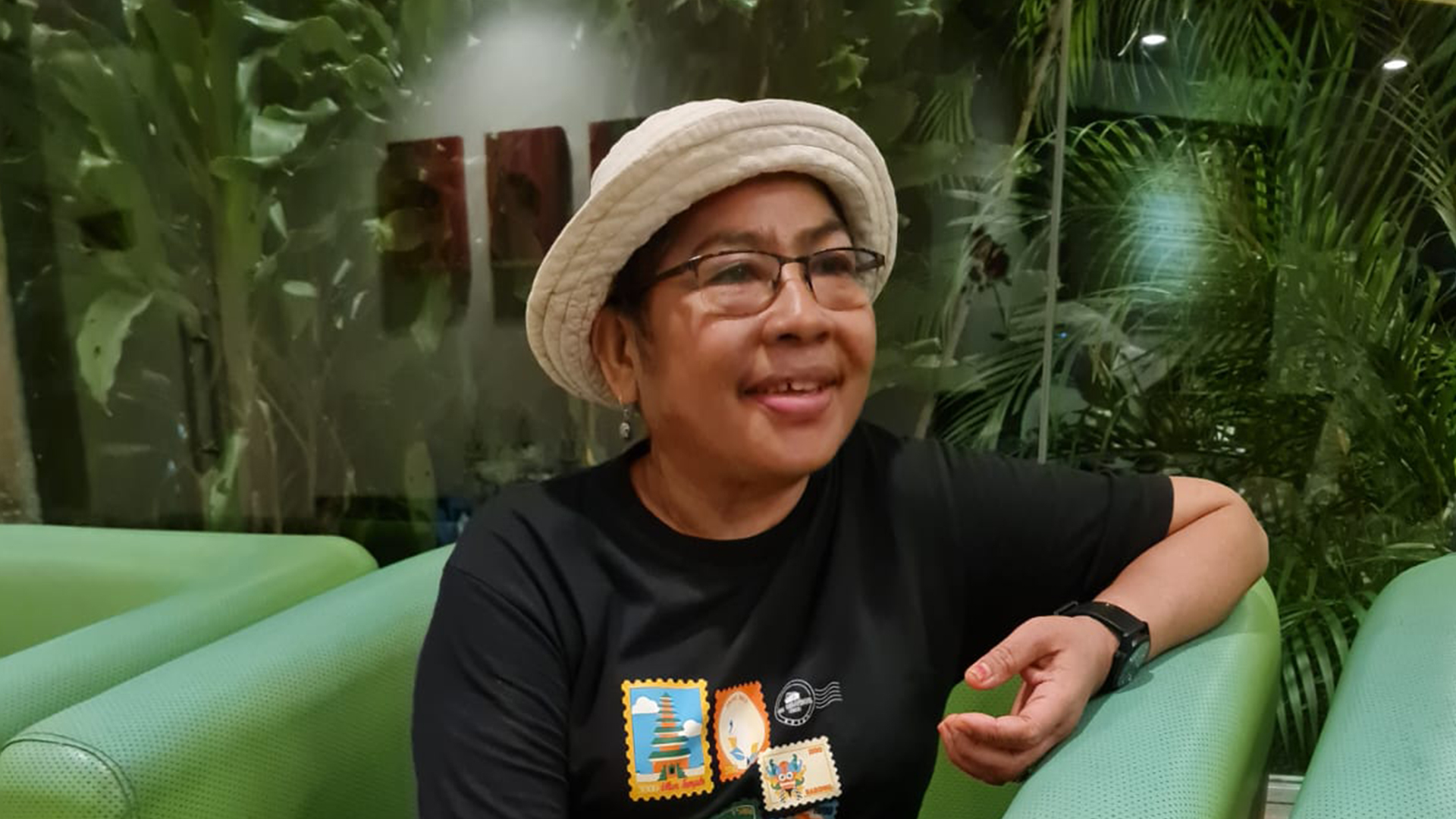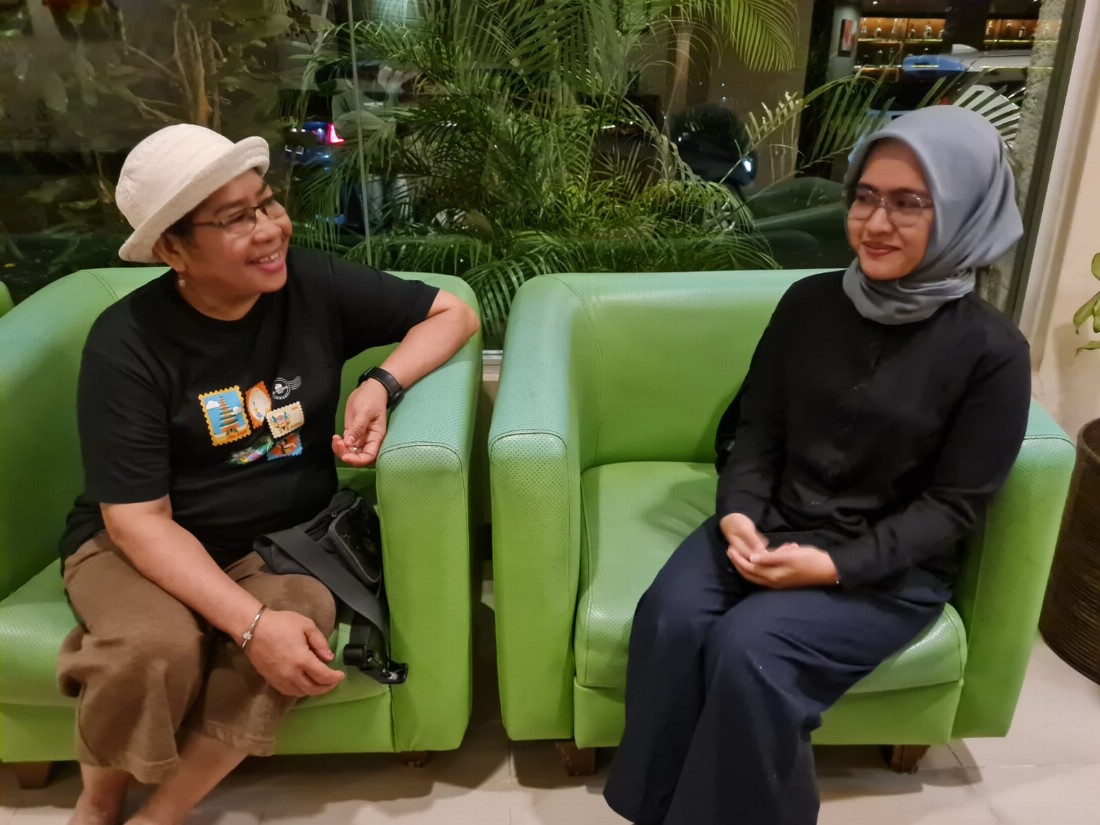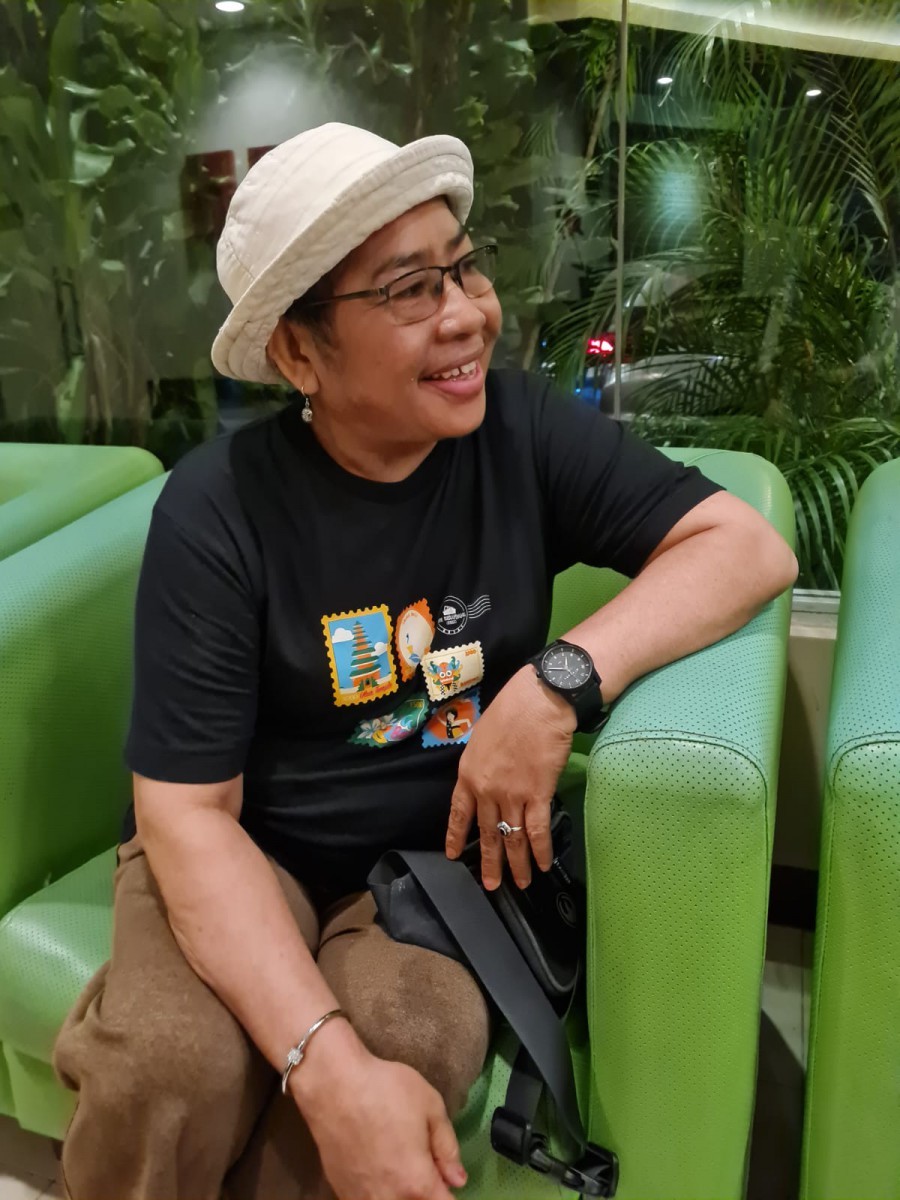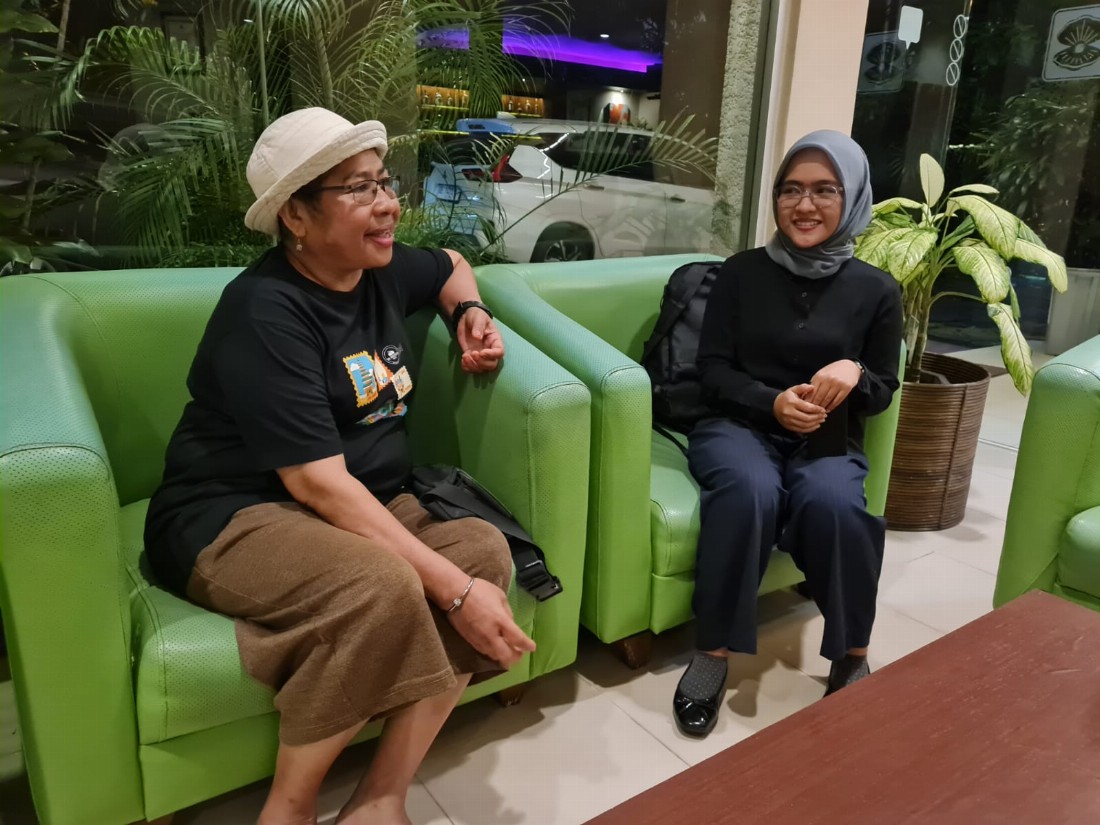indonesia - mitigation
Baihajar Tualeka

- Actor/Organisation
- Baihajar Tualeka / LAPPAN - Yayasan Lingkar Pemberdayaan Perempuan dan Anak
- Current Title/Designation
- Chief Coordinator and Co-Founder of LAPPAN
- Expertise/Focus Area
- Protecting and empowering women and children victims of GBV in post-conflict Ambon
- Date of Interview/Research
- August 26th, 2024
- Location of Interview
- Ambon, Maluku
- Diplomacy Track
- 2
Starting Point
Having her house bombed countless times, Baihajar Tualeka confessed to participating in violence during the conflict as retaliation. The experience made her profoundly realise that her community needed peace the most, which is formed from intergroup interaction. Therefore, she began participating as a humanitarian volunteer once the peace memorandum had been signed.
During the post-conflict period in Ambon, Baihajar and her two friends, Sari and Mulyati, observed the precarious living situation of women and children in the refugee camps. Most of their needs were neglected, with barely any rehabilitation efforts available for women who lost their homes, their livelihoods and the children who dropped out of school. Out of concern for this condition, the three of them founded LAPPAN in 2002.
LAPPAN strives to protect and empower women and children who are victims of gender-based violence (GBV) and conflict. During the onset of peace, the foundation initially provided psychosocial aid for Muslim and Christian women and children refugees. It is later transitioned into providing economic assistance to help women reach financial independence. Twenty years after its establishment, it still believes that community intervention in Ambon must implement the idea of peace and conflict reconciliation to foster amiable interethnic relations.
Peace Journey
Among the many cases of GBV that LAPPAN aims to address, it recognises the need to connect GBV issues with topics such as peace, climate change, disability, and the economy. Hence, it could provide empowerment programmes using a holistic approach. Moreover, to address GBV, it must first manage the rooted conflict and antagonism at a local level. Only then can it address the more visible issues of violence.
LAPPAN recognises the substantial role of community support for women and women's interests. Baihajar also emphasised the importance of recognising women’s contributions to peace and development. To prevent GBV at the village level, for example, LAPPAN involves community networks, women’s alliances, and the village head in capacity-building efforts. It also collaborates with local government units to advocate for gender-responsive policies and budget allocation.
Success Stories
Baihajar perceived the foundation’s most notable achievement to be the sustainability of its programmes. LAPPAN always ensures that the communities it supports can sustain its initiatives in the long run. The foundation trained Salafi women who wear niqabs in agricultural skills, taught teachers in madrasahs the importance of interethnic peace, and implemented peaceful values within the curriculum of formal education in 14 schools in Salahutu. Additionally, the foundation held numerous interethnic dialogues for children and youths.
However, the process was not always smooth. Baihajar herself had a hard time transitioning from a place of violence to one of peace. She and her fellow activists often receive threats for advocating for women and children, not to mention the competitive climate amongst Ambonese peace activists. Still, they chose to persevere. She is willing to do what it takes to continue having an impact on others.
-
Implementing AgencyAWPR Indonesia
-
Lead ResearcherArifah Rahmawati
-
Co-Researcher/Research Assistant(s)Muhammad Ryandaru Danisworo & Lintang Amartya Padmarini
-
Date ResearchJune 2024-November 2024






